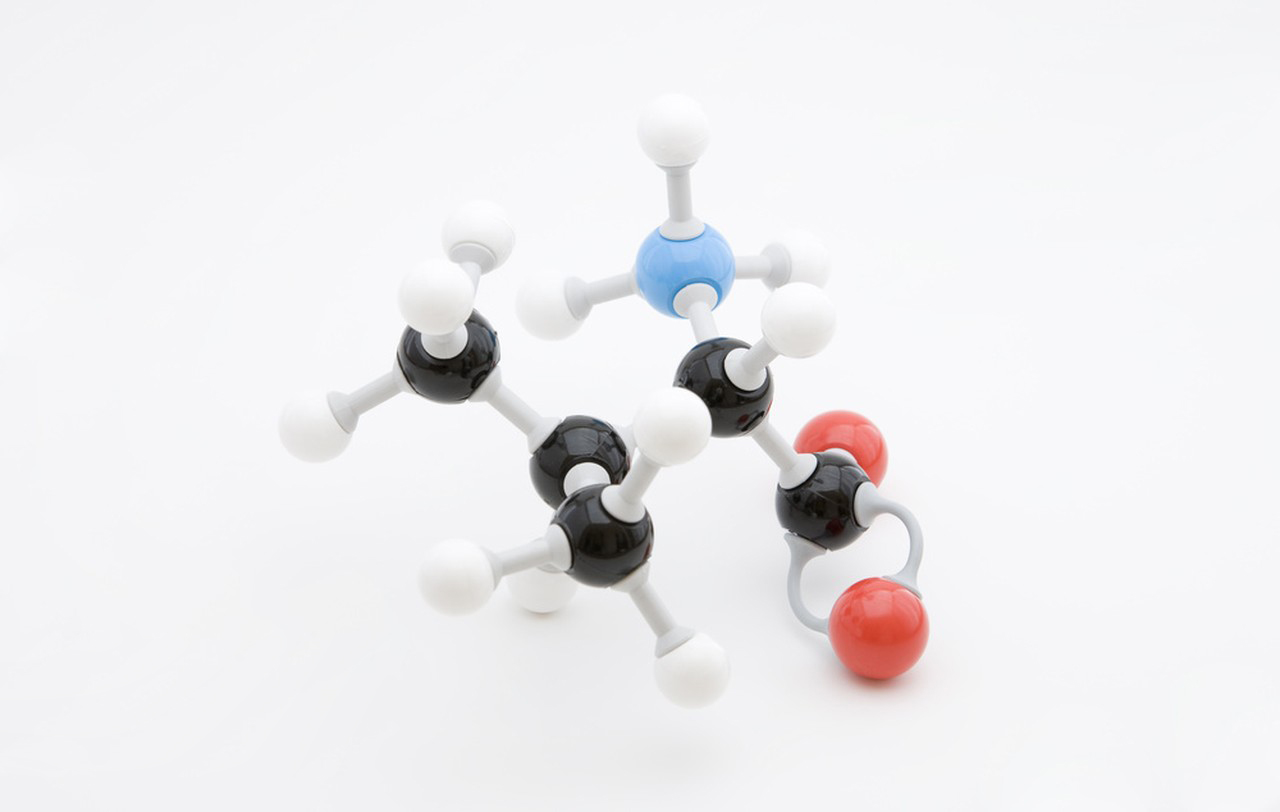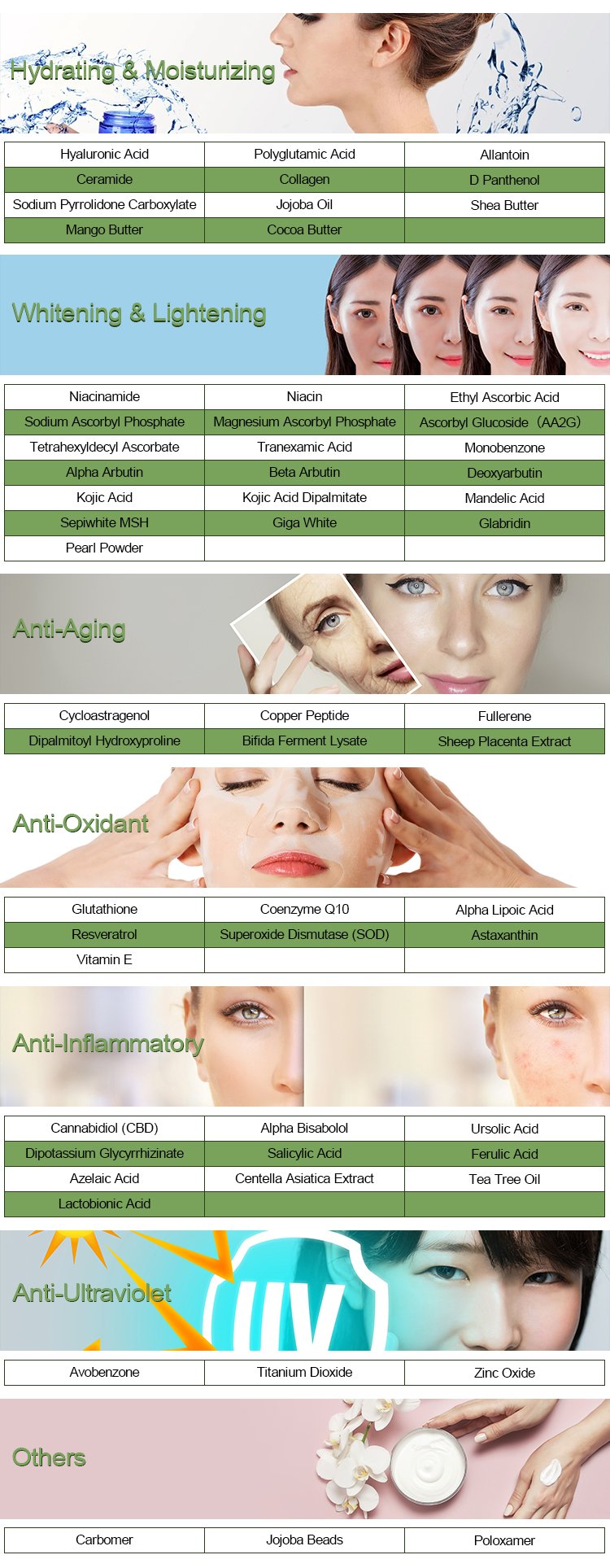Glutathione is a tripeptide molecule composed of three amino acids: cysteine, glutamic acid, and glycine. It serves as one of the most important antioxidants in the body, playing a crucial role in maintaining cellular health and defending against oxidative stress. Here’s a comprehensive overview of glutathione and its various aspects:
1. Structure and Formation:
Glutathione (GSH) is a thiol-containing molecule with the chemical formula C10H17N3O6S. It exists in two forms: reduced (GSH) and oxidized (GSSG). The reduced form is the active antioxidant that helps neutralize harmful free radicals. GSH is synthesized within cells through a two-step enzymatic process involving the enzymes γ-glutamylcysteine synthetase (γ-GCS) and glutathione synthetase (GSS).

2. Antioxidant Defense:
Glutathione is a critical component of the body’s antioxidant defense system. It helps prevent cellular damage caused by oxidative stress, which occurs when there’s an imbalance between free radicals and antioxidants. Free radicals are unstable molecules that can damage cellular components such as DNA, proteins, and lipids. Glutathione neutralizes free radicals by donating electrons, converting them into harmless compounds.
3. Detoxification:
One of glutathione’s primary roles is detoxification. It binds to toxins and harmful compounds, making them more water-soluble and easier to excrete from the body through urine or bile. Glutathione is particularly important in the liver, where it helps metabolize drugs, pollutants, and other xenobiotics.
4. Immune System Support:
Glutathione plays a role in supporting the immune system by enhancing the function of immune cells, such as T cells and natural killer cells. It also helps regulate immune responses by modulating the production of cytokines, which are signaling molecules involved in immune system communication.
5. Role in Health and Disease:
Low levels of glutathione have been associated with various health conditions, including neurodegenerative diseases (such as Alzheimer’s and Parkinson’s), cardiovascular diseases, cancer, and aging. Some genetic disorders affect the synthesis or metabolism of glutathione, leading to increased susceptibility to oxidative stress-related diseases.
6. Factors Affecting Glutathione Levels:
Several factors can influence glutathione levels in the body:
- Diet: Consuming sulfur-rich foods (cysteine is a sulfur-containing amino acid) like garlic, onions, cruciferous vegetables, and lean protein can support glutathione production.
- Lifestyle: Regular exercise, stress management, and adequate sleep can help maintain optimal glutathione levels.
- Environmental Toxins: Exposure to pollutants, chemicals, and heavy metals can deplete glutathione levels.
- Aging: Glutathione levels tend to decrease with age.

7. Supplementation:
Glutathione supplements are available, but their effectiveness is debated. Oral supplementation of glutathione may have limited bioavailability, as the molecule can be broken down during digestion. Some individuals opt for supplements containing precursor molecules (such as N-acetylcysteine, or NAC) that the body can use to synthesize glutathione.
In summary, glutathione is a vital molecule that plays a central role in antioxidant defense, detoxification, and immune system support. Its levels can be influenced by various factors, and maintaining adequate levels is crucial for overall health and protection against various diseases associated with oxidative stress. If you’re considering supplementing with glutathione or making significant changes to your lifestyle, it’s advisable to consult a healthcare professional to ensure you’re making informed decisions.
